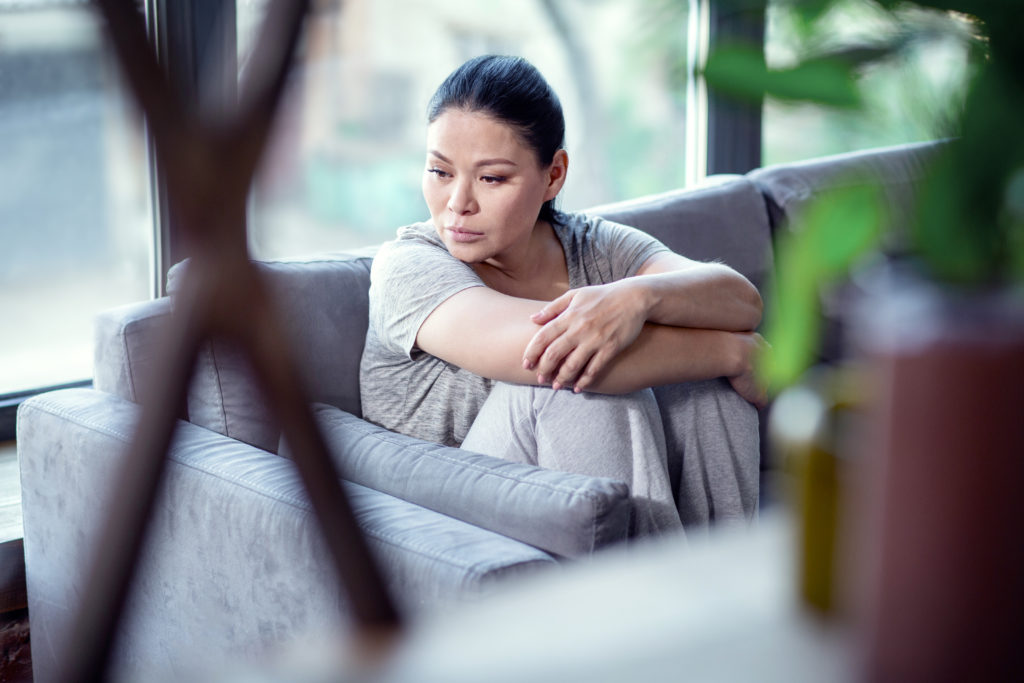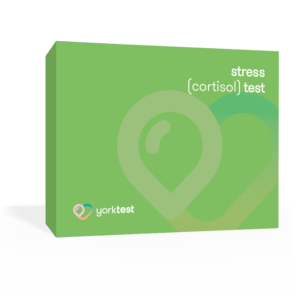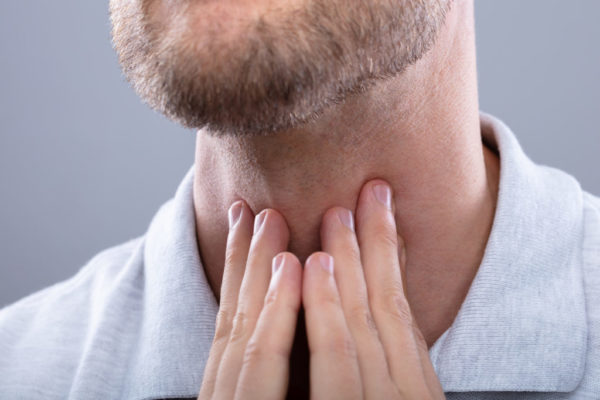Even though it affects around half the world’s population, menopause has always been shrouded in silence.
Yet the symptoms associated with menopause – hot flushes, anxiety, sleeplessness and problems with memory and concentration – can have a significant impact on a woman’s relationships and working life. According to one study, as many 99% of women reported that menopause or perimenopause symptoms had affected their careers, and 59% had taken time off work because of it.
Fortunately though, that’s starting to change. High-profile campaigns, fronted by celebrities such as Meg Matthews, Davina McCall, Baroness Karren Brady CBE and many others, are helping to challenge perceptions.
Organisations are developing policies to support staff experiencing symptoms, with some becoming accredited Menopause Friendly employers – including big brands such as HSBC, Sainsburys and Boots. Those leading the way create cultures where people are unafraid to talk about it and can access the practical support they need to continue to do their job.
Menopause lags behind
But while menopause is frequently in the press, it seems that TV producers and filmmakers and authors are still shying away from the subject. Indeed, Meg Matthews has previously called for more soaps to tackle the subject in their plot lines.
Perhaps writers are worried about how to depict it sensitively or that it will open them up to criticism if they get it wrong. Or maybe they can’t see past the stereotypes of a ‘menopausal woman’. Whatever the reason, it looks like menopause has, quite literally, been written off, unlike other female experiences like pregancy and childbirth.
To find out how often menopause appears in books, films and TV documentaries, we looked at the number of books on Goodreads, films on IMDb and shows on BBC iPlayer that feature 60 of the most common health subjects or conditions.
Overall, our research found that menopause ranks 13th out of 60. Top of the list is anxiety, which affects around 8% of people in England, followed by depression, which affects 3%. According to the figures, there were more than 23,300 references to anxiety and more than 280,800 to depression.
A breakdown of the data is as follows:
| Condition | BBC iPlayer | IMDB keyword | Goodreads | Total mentions |
| Anxiety | 180 | 888 | 22,276 | 23344 |
| Depression | 180 | 2,756 | 17,922 | 20858 |
| Diabetes | 104 | 292 | 14,063 | 14459 |
| Autism | 90 | 711 | 9,666 | 10467 |
| Alzheimer’s | 63 | 645 | 5,919 | 6627 |
| Dementia | 132 | 668 | 4,889 | 5689 |
| Obesity | 107 | 643 | 3,013 | 3763 |
| Allergies | 59 | 16 | 3,560 | 3635 |
| Bipolar | 26 | 27 | 3,578 | 3631 |
| Fatigue | 36 | 97 | 3,358 | 3491 |
| Heart Disease | 57 | 211 | 3,033 | 3301 |
| Arthritis | 32 | 100 | 3,129 | 3261 |
| Menopause | 24 | 98 | 2,378 | 2500 |
| Asthma | 39 | 358 | 2,099 | 2496 |
| Periods | 180 | 227 | 1,823 | 2230 |
| Acne | 15 | 48 | 2,107 | 2170 |
| Libido | 11 | 55 | 1,978 | 2044 |
| Epilepsy | 10 | 242 | 1,656 | 1908 |
| Kidney disease | 13 | 31 | 1,736 | 1780 |
| Erectile Dysfunction | 2 | 172 | 1,406 | 1580 |
| Multiple Sclerosis | 27 | 136 | 1,218 | 1381 |
| Miscarriage | 72 | 564 | 736 | 1372 |
| Fibromyalgia | 5 | 14 | 1,346 | 1365 |
| Parkinson’s Disease | 32 | 104 | 1,142 | 1278 |
| Dehydration | 10 | 151 | 933 | 1094 |
| Liver Disease | 11 | 17 | 1,041 | 1069 |
| Impotence | 17 | 471 | 536 | 1024 |
*This table includes all of the conditions where there were 1,000 mentions across BBC iPlayer, IMDB and Goodreads or more.
Other conditions that feature ahead of menopause include Alzheimer’s, which affects one-in-14 people aged 65 or over, and obesity, which affects around a quarter of adults.
While menopause still makes the top 20, a closer look at the data reveals that it ranks a lowly 24th in documentaries and 26th in films – in fact, there are more films that feature food poisoning and appendicitis than menopause.
Not all bad
There are so many negative connotations associated with menopause that women often dread it. They worry about the symptoms, the misunderstandings and prejudices they might encounter or see it as the end of their youth.
The good news is that menopause syptoms can be mild simple lifestyle changes – like eating a balanced diet, getting enough exercise and sleep and taking cool showers and breaks when needed. Some women choose to take HRT, but you may also be prescribed other medication to try and alleviate the symptoms.
While menopause symptoms can be unformfortable, both physically and mentally, there can be some surprising benefits, and you may even feel liberated as you enter a new phase of your life. You don’t have to worry about periods and unwanted pregnancy for a start, and your libido might even increase rather than wane.
Taking control of your menopause journey
Menopause is a natural process that every woman undergoes – and it could provide the basis of a complex and educational storyline or documentary that challenges taboos.
Commenting on the findings, Dr Gill Hart, Biochemist and Scientific Director at YorkTest at YorkTest, said:
“Writers are missing out on a valuable opportunity to explore the complexities of menopause through three-dimensional characters and real-life interviewees rather than stereotypes. Normalising the experience and encouraging conversations is an important first step, and it could empower more women to take control of their menopause journey.
“This could include a simple at-home menopause test can tell you whether your menopause has started and help you track your hormones over time. Knowing why you feel the way you do enables you to manage your symptoms more effectively and discuss your needs with your family, doctor and employer.â€













